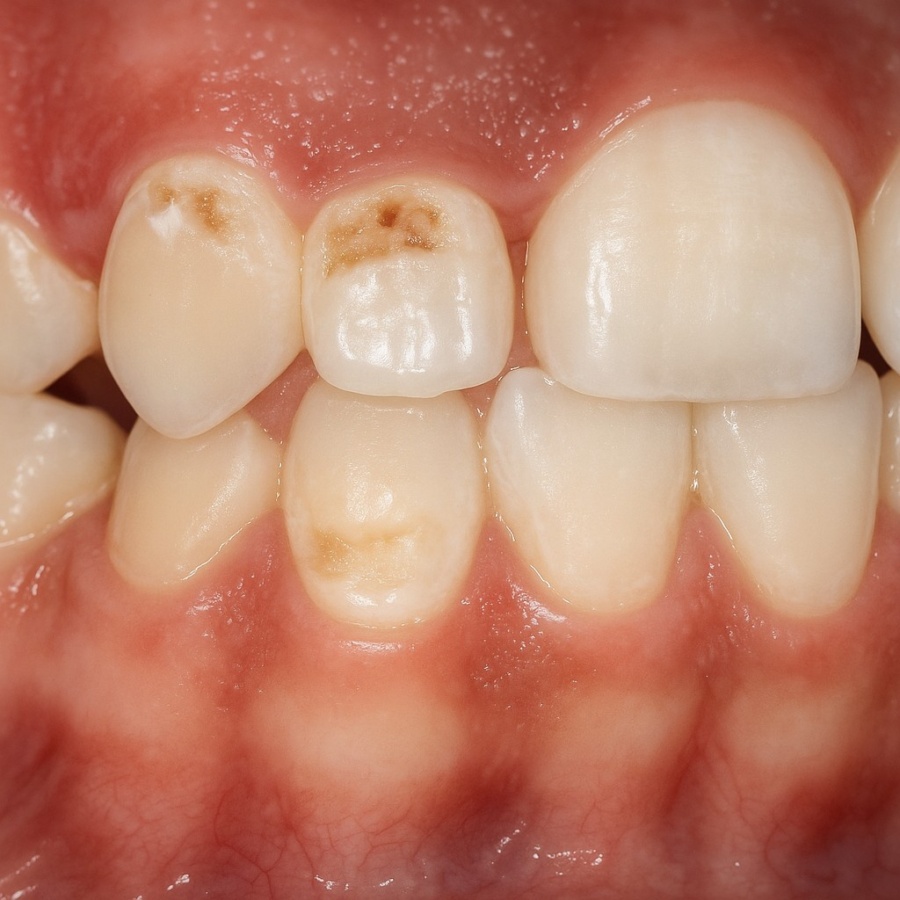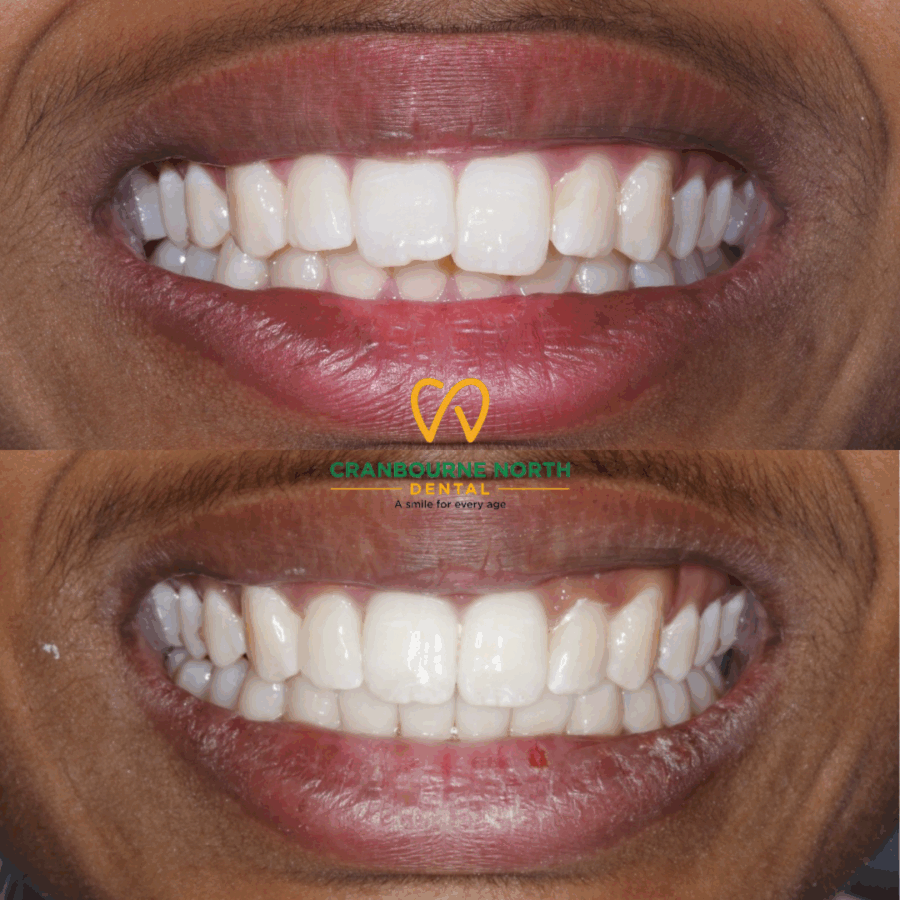Why Does My Breath Smell? Causes and Tips to Beat Bad Breath
Smelly breath, also known as halitosis, is a common issue that many of our patients experience. It can be embarrassing, but the good news is that most causes of bad breath are manageable with the right habits and treatments.
Below are some quick tips to help freshen your breath and maintain good oral hygiene!
1. Improper Cleaning Habits
One of the most common reasons for smelly breath is not cleaning your teeth properly. Here are some essential steps to follow:
- Brush twice a day: Make sure to brush your teeth for at least two minutes, twice daily, to remove food particles and plaque.
- Floss daily: Flossing helps remove food trapped between your teeth, which can contribute to stinky breath.
- Brush your tongue: Bacteria can accumulate on your tongue, leading to bad odours. Use a tongue scraper or gently brush your tongue with your toothbrush.
- Mouthwash: While mouthwash can help, be mindful that some varieties can dry out your mouth, which may make bad breath worse.
Tip: Visit your dentist for a professional cleaning at least every six months to ensure your mouth stays fresh and healthy.
2. Address Cavities and Gum Disease
Untreated cavities and gum disease are major culprits when it comes to bad breath. Bacteria that accumulate in these areas produce foul-smelling sulphur compounds, leading to persistent halitosis. If you notice stinky breath, it might be time to schedule a dental check-up to address any underlying issues.
3. Reduce Consumption of Drying Foods and Habits
Certain foods and lifestyle habits can dry out your mouth, creating an environment where bacteria thrive, leading to bad breath. Try to reduce:
- Smoking: Tobacco products not only cause bad breath but also lead to gum disease.
- Alcohol: Alcohol dries out your mouth and can leave an unpleasant odour.
- Caffeinated drinks: Drinks like coffee, tea, energy drinks, and soft drinks can reduce saliva production, contributing to bad breath.
If your medication causes dry mouth, talk to your doctor. While you shouldn’t stop taking your meds, there are special dry mouth products like mouth sprays or gels that can help.
4. Stay Hydrated
Drinking plenty of water is one of the simplest and most effective ways to combat bad breath. A dry mouth allows bacteria to flourish, so keeping hydrated ensures that your mouth produces enough saliva to wash away food particles and bacteria.
5. You Might Be Mouth Breathing
Breathing through your mouth instead of your nose can dry out your mouth, which in turn leads to smelly breath. If you notice that you’re a frequent mouth-breather, this could be contributing to your bad smell. Try to focus on breathing through your nose or consult your dentist for advice on how to address this issue.
6. When to See a Doctor
If you’ve improved your oral hygiene and made lifestyle changes but still struggle with bad breath, it might be time to consult your doctor. Other medical causes of bad breath include:
- Post-nasal drip or excess mucus in the throat
- Tonsillitis or tonsil stones
- Sleep apnoea: This condition often causes mouth breathing, which dries out your mouth
- Other health conditions: Sometimes, systemic conditions like gastrointestinal issues or diabetes can cause persistent smelly breath.
Don’t Be Shy—Ask Your Dentist!
If you’re worried about your breath, don’t hesitate to ask your dentist at your next appointment. We can help you get to the root cause and provide effective solutions for fresher breath.






















